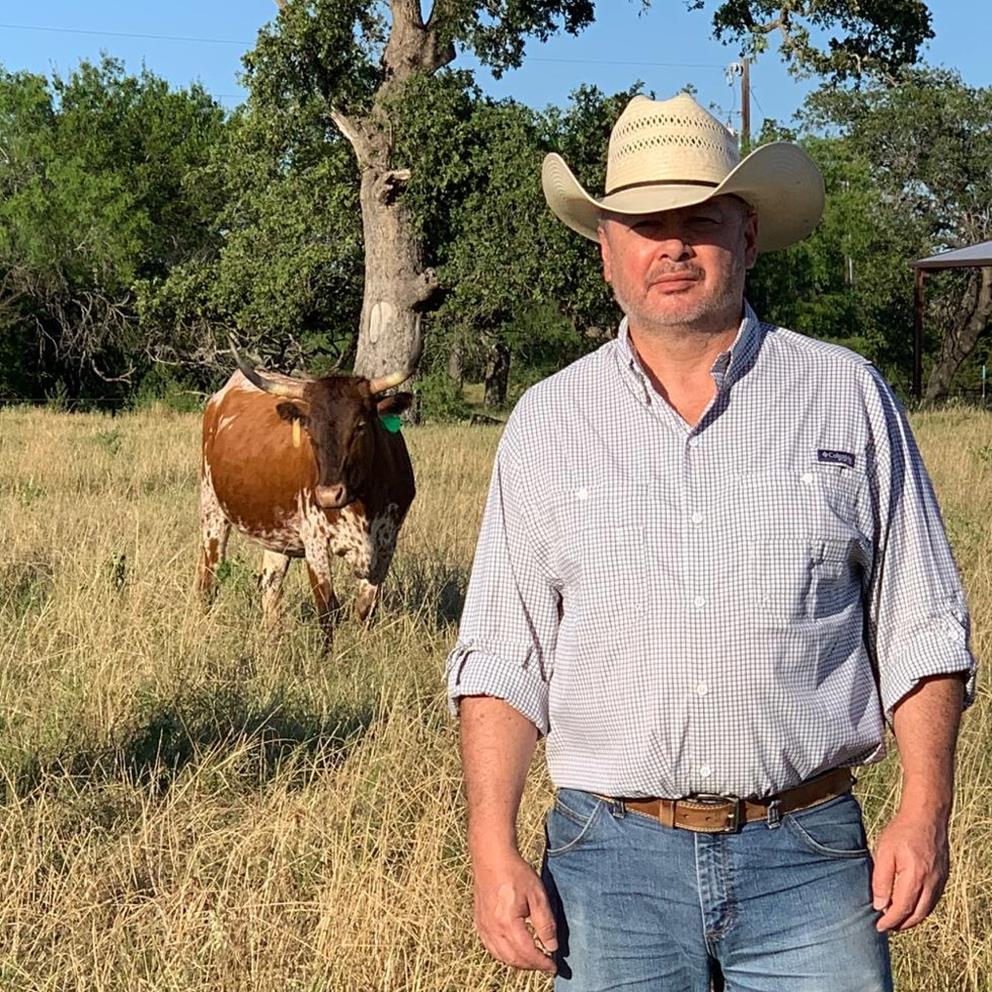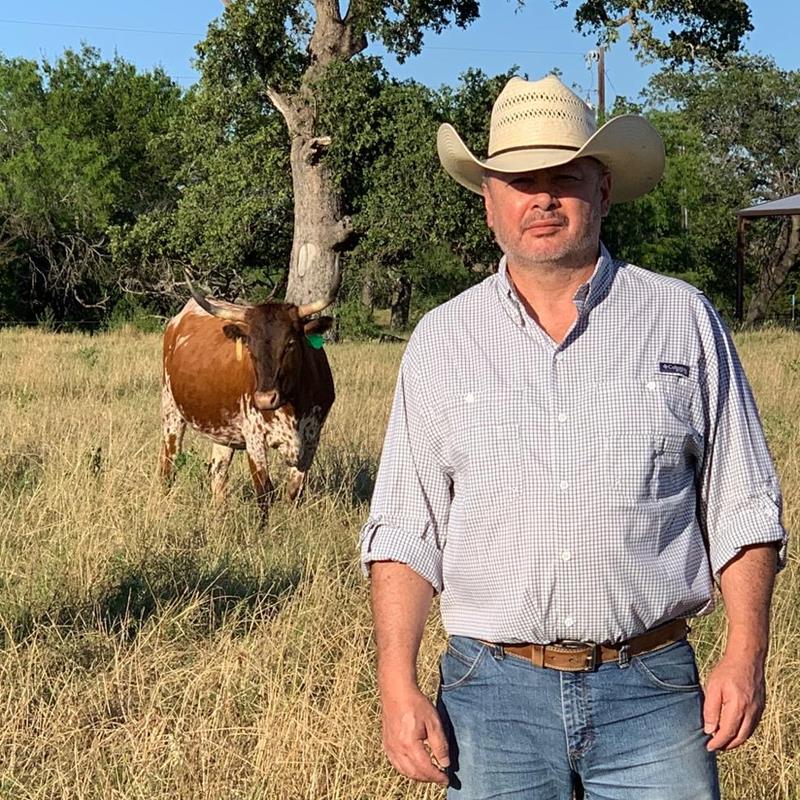

Tales from Texas no.3 - CHOP, CHOP
In his third article covering the run up to the US Presidential election, David Chan provides a viewpoint on the current US political environment.
And babe, don't you know it's a pity
That the days can't be like the nights
In the summer, in the city
In the summer, in the city
Quincy Jones, 1973
Well, well, who’d a thunk it? Remove law enforcement and essential services. Enter Lord of the Flies. In short, four shootings (including two deaths) in nine days put paid to Seattle’s “summer of love” and compelled the mayor – cynically, some said it might also have had something to do with a “peaceful protest” outside her leafy $8M mansion – to send in the police. And we hardly knew ye… In a CNN follow-up article about the inhabitants, it emerged, despite their good intentions, that the so-called CHOP Security Group was not “equipped” for: sexual assault, homicide and automatic weapons. How surprising. One would almost imagine that the protection of law-abiding citizens calls for a professional cadre of trained peace officers with a supporting network of health and social services. But apparently not – at least in the likes of Seattle, New York and Minneapolis – where crime has rocketed since elected officials have taken decisions to cut police overtime and budgets (if not outright disband the force) in favour of improved community outreach.
In a similar vein, the New York Times has a piece explaining how hard it is for those (largely white, progressive) citizens of a suburb of Minneapolis to hold to their post-George Floyd vow not to call the police into their community when things go wrong. It goes on to describe how one resident was held-up at gunpoint by two 15-year-olds seeking his car keys and who, after becoming frustrated that they couldn’t steal his, simply stole another one down the road. Apparently, he searched his feelings and decided it was worth calling the police anyway. When you have a Congresswoman bizarrely rationalising the increase in New York’s rapidly rising crime rate by explaining that her constituents may “feel like they […] need to shoplift some bread”, things are already surreal!
I think it fair to say that most of the people described in these articles are not going to vote for Orange Man Bad under any circumstances; but then they never were. November will hinge upon the “Independents” who are not at all sanguine about defunding the police or the politics – if not the sentiment – of Black Lives Matter. For example, in such a highly religious country, it is unlikely that calls for the end of the conventional nuclear family – no matter how well-meaning – will find majority support. Neither will politicisation of education to the extent where Los Angeles teachers have recently vowed not to return to school at the end of the summer unless both the police and charter schools are defunded. What’s that got to do with COVID-19?
Such grandstanding is, of course, an enduring part of political life here. But, as I mentioned in a previous article, the federal nature of the constitution only serves to exacerbate differences to the point where gridlock is the norm. You may be seeing your first proper taste of something similar in the ongoing war of words between Holyrood and Westminster over lockdown. In short, the politics of you can’t make me!
Turning to coronavirus, it has now arrived in Texas; indeed, it’s on my street. It would appear that a combination of riots and parties (it’s averaging over 40 degrees at the moment) has led to an increase in the infected – who are predominantly young thus meaning that the death rate is nothing (at least yet) like that seen elsewhere.
The most curious thing about the outcome of the countrywide protests has been their aftermath. As some reporters have described, the centres of many affected cities still look like war zones because of the inability (or unwillingness) to clean up given the combined effects of COVID-19 and political dithering. When taken together with the wait-and-see approach to rebuilding (sensibly) adopted by many major companies seeking governmental assurances about policing and security, it is clear that there will not be a civic recovery anytime soon. Governors and mayors will be looking over their shoulders come re-election time.
What does all this mean for November? Biden is still pursuing a policy of not appearing in public except in tightly scripted scenarios. It is working, but there is obvious nervousness that political overreach by the progressive end of his party will derail things by straying too far from the centre ground. Trump’s bet on economic recovery is being hammered by COVID-19, but he’s still within sight of his average approval numbers and, crucially, ahead in an economic competence comparison. Biden’s big June lead has been whittled back significantly in the last couple of weeks as endless rounds of defund the police, topple that statue and cancel that heretic continue across cyberspace. Meanwhile, his forthcoming choice of vice-presidential candidate will be key in his pursuit of the all-important black vote; remember, it was this bloc that handed him the nomination in the first place. If Biden disappoints them now, it’ll be curtains later…
David Chan is a former colleague at Ravenscroft and an old friend of the business. He now lives in Texas with his wife.
A former RAF fighter pilot, David was awarded an OBE in 2006 for his leadership of Eurofighter Typhoon entry-into-service operations.


